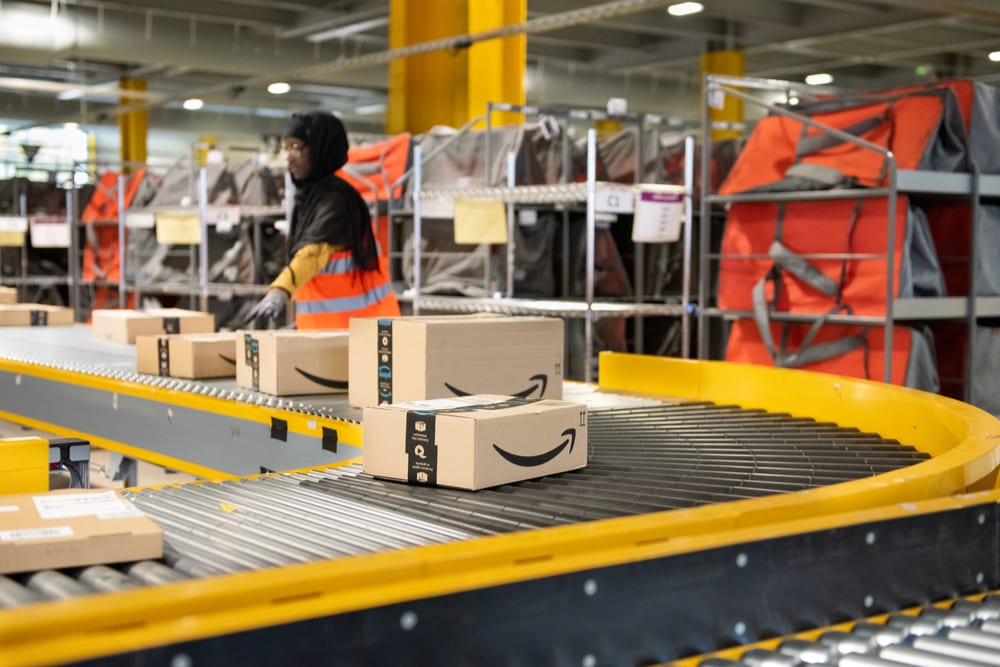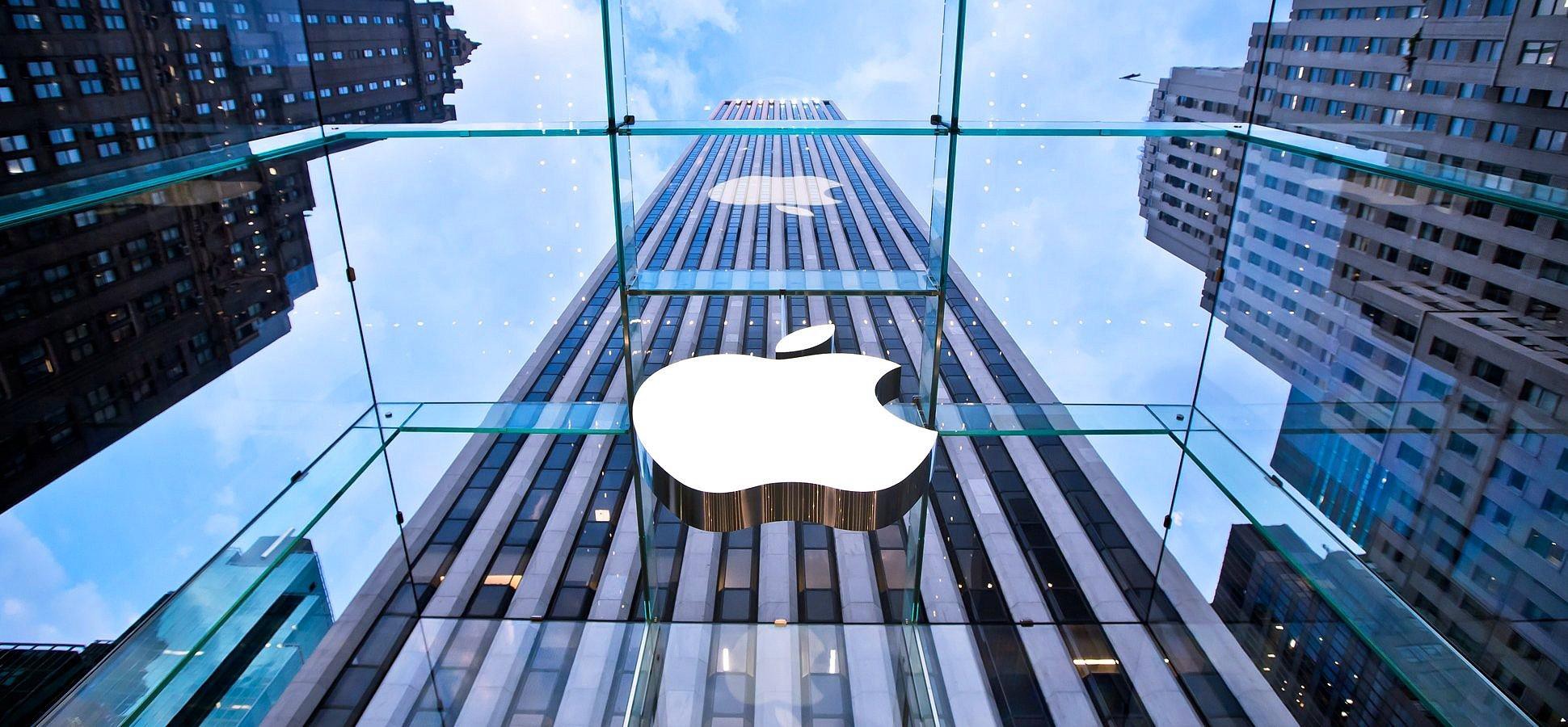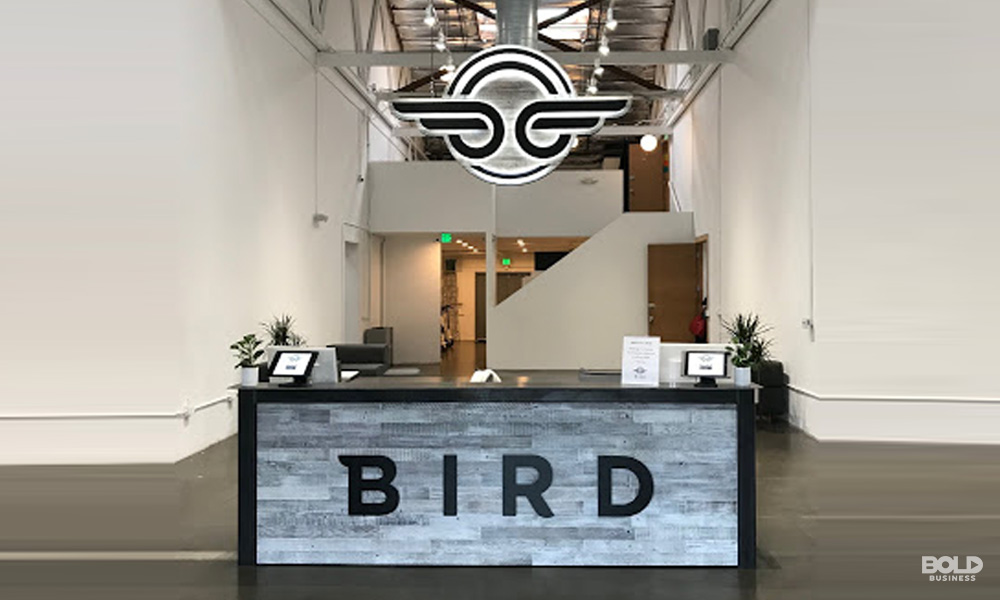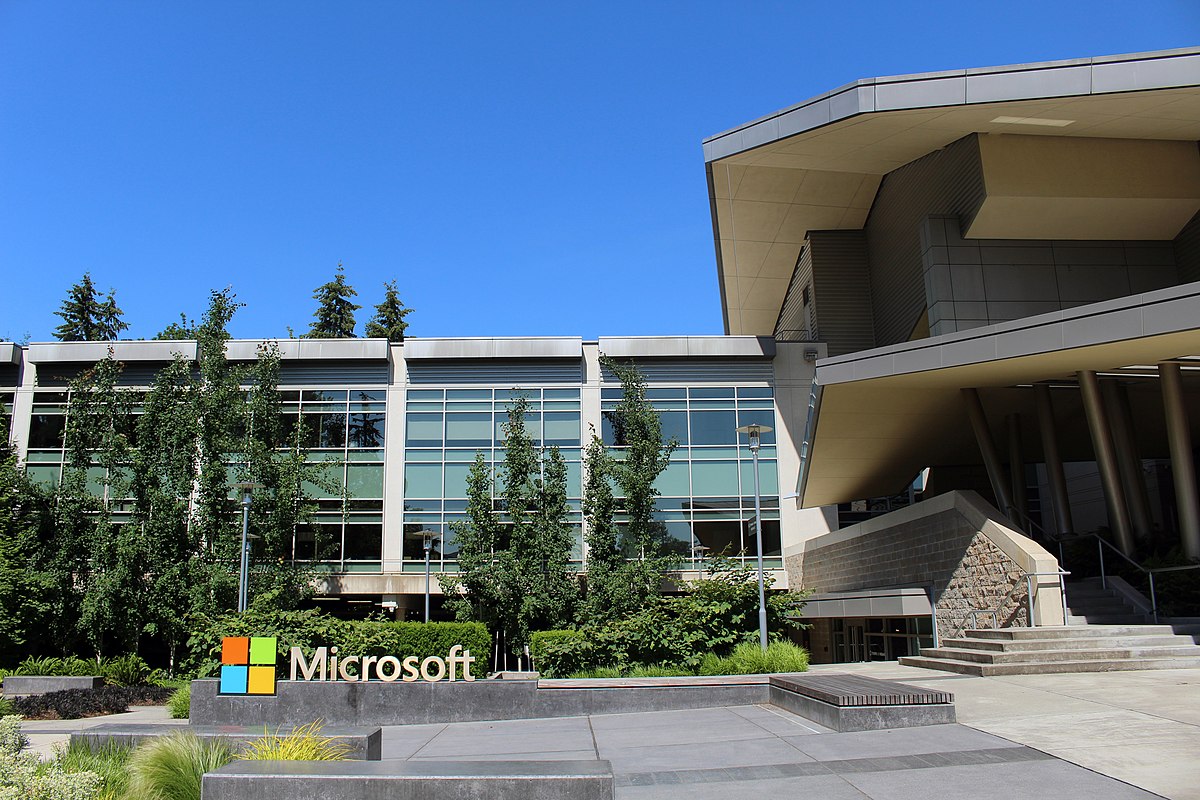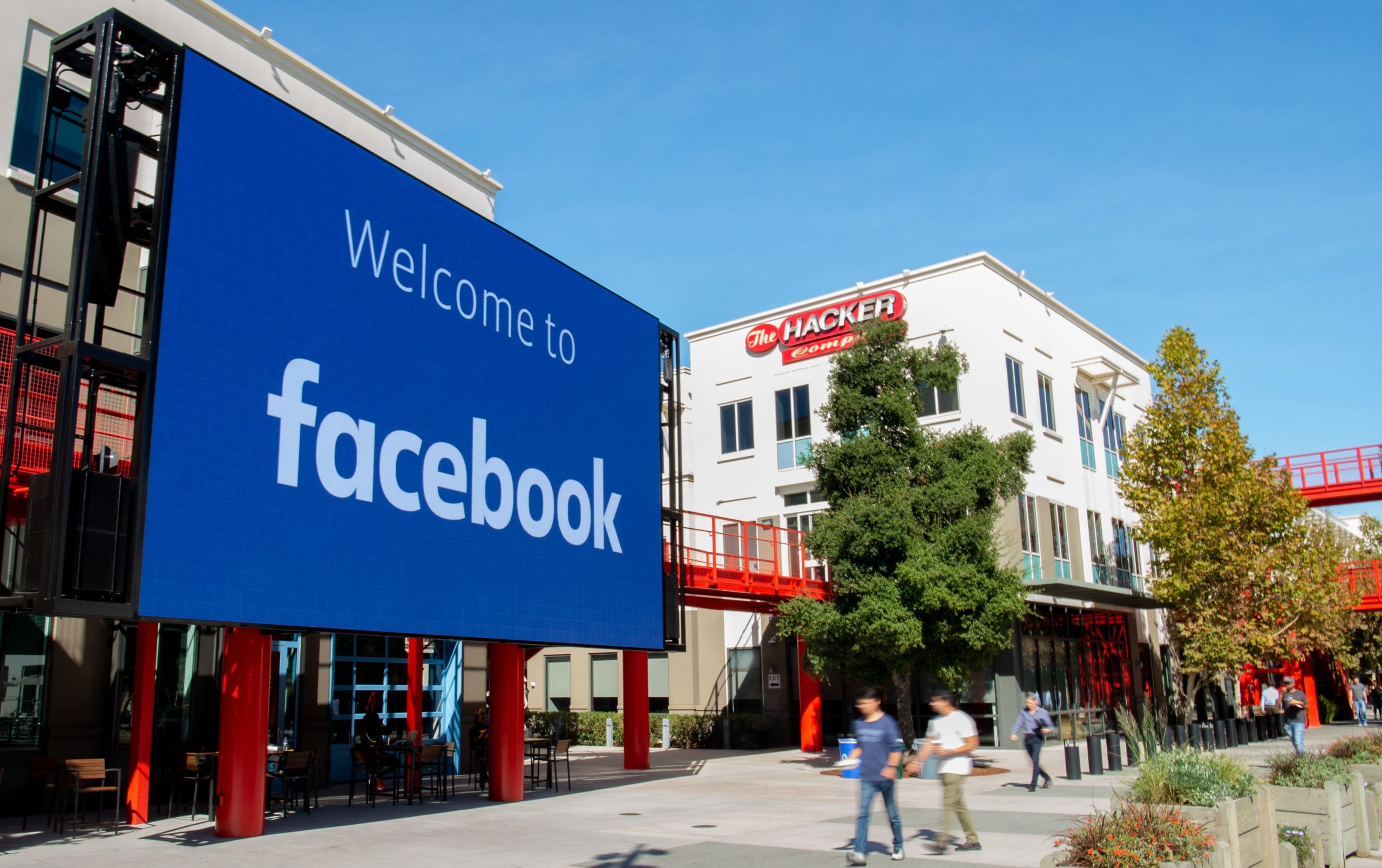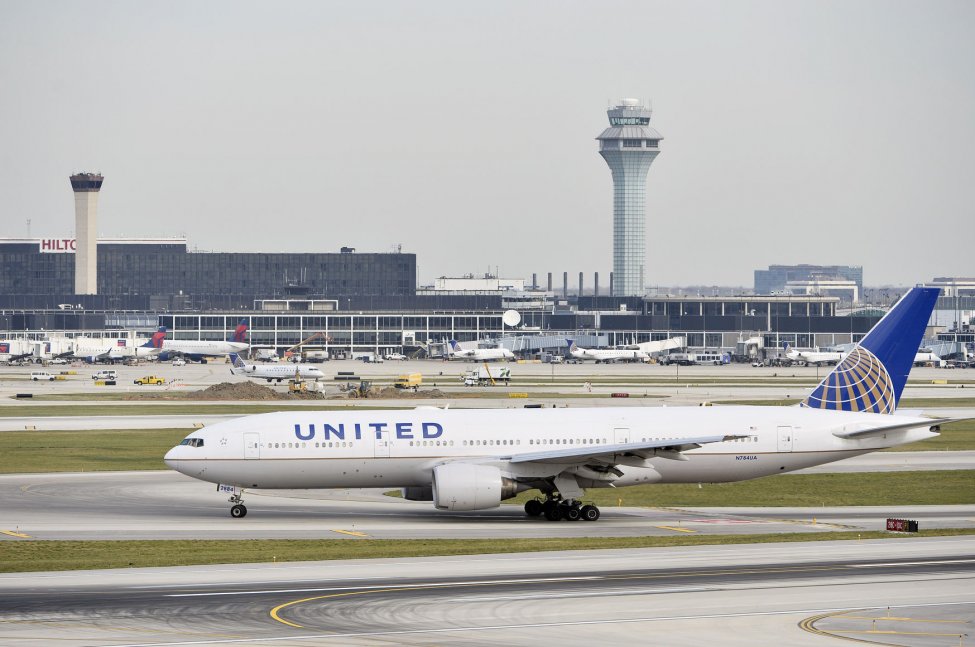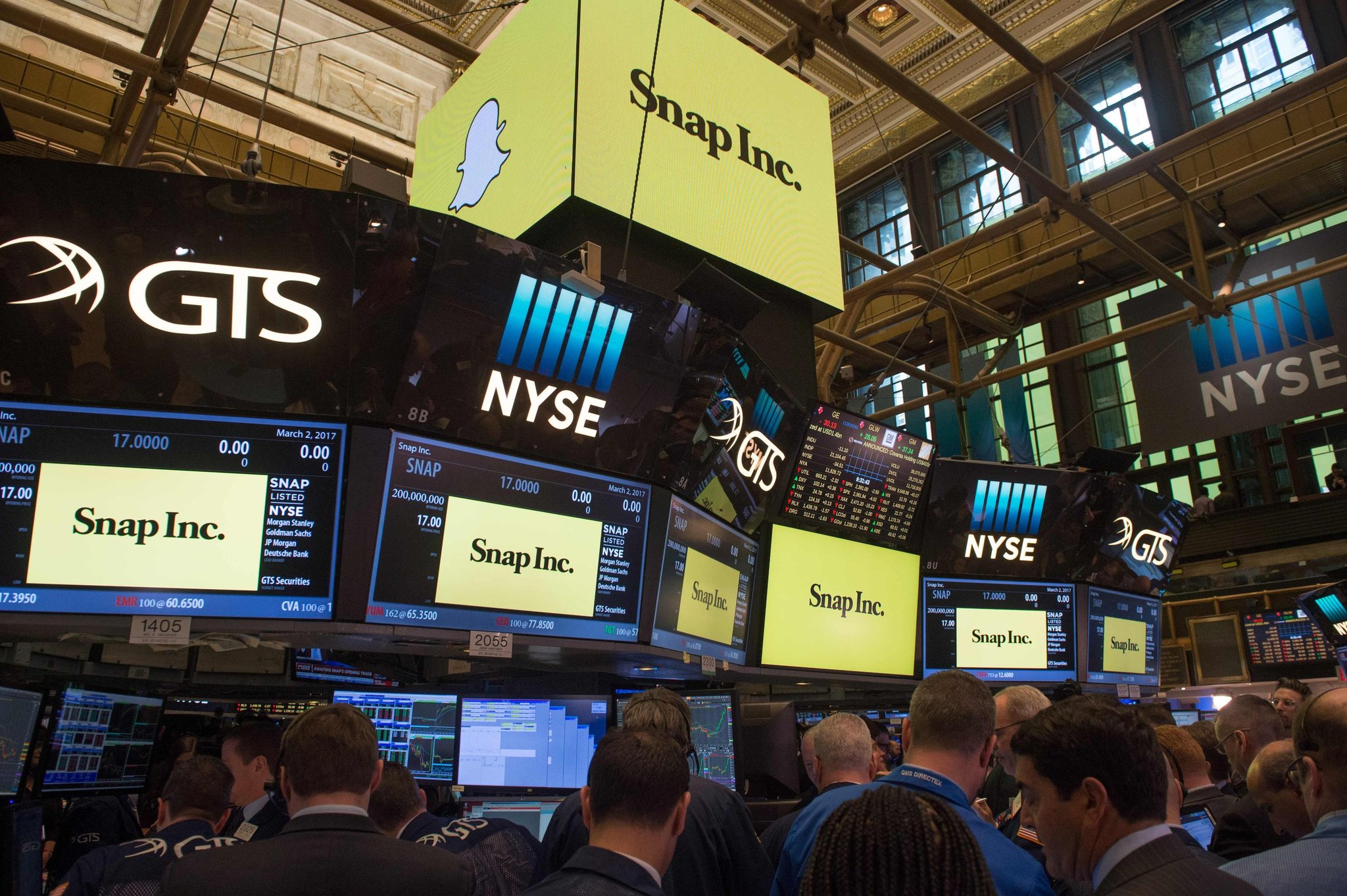Bird, based in Santa Monica, is engaged in the production, sale and rental of electric scooters and electric bicycles. Inspired by his daughters riding classic scooters, founder and CEO Travis VanderZanden thought adults would also be interested in getting around town on electrified versions of this mobile transport. Travis believes that electric scooters are a necessary component of urban logistics because the electric scooter is, firstly, green, and secondly, it improves road safety. Bird launched its business in 2017.
However, in the first six months of the company’s operation in Santa Monica, many problems arose, such as dangerous behavior of citizens on electric scooters and disregard of local laws. Customers also threw electric scooters in pedestrian areas, which caused discontent among citizens. After a series of accidents, numerous fines and civil protests, the city attorney’s office filed a lawsuit against Bird. The company managed to settle the claim with a payment of $ 300 thousand. In 2019, Bird published a safety report in collaboration with David Strickland, the former head of the National Highway Traffic Safety Administration.
In the summer of 2021, the Santa Monica administration allowed only three electric scooter rental companies, namely Spin, Veo and Lyft, to operate, effectively pushing Bird out of the market. Bird currently rents its equipment in more than 300 cities in the USA and Europe, and also offers them for purchase on the site of the same name. The company’s revenue in 1H21 increased by 181% yoy, which is 30% higher than expected. The gross transaction value also increased by 182% compared to the first half of 2020, which is 30% higher than expected. In August 2021, Bird unveiled its new Bird Bike electric bike for $ 2,299.
In total, since 2017, Bird has raised $ 623 million in five investment rounds. In May 2021, Bird announced plans to go public through a SPAC deal with Switchback II, which was set up to merge with a green company. The indicative valuation of the deal could be $ 2.3 billion, but at the beginning of 2020 Bird’s valuation was $ 2.85 billion. The decline in the indicative value was due to the global lockdown caused by Covid. The company had to temporarily suspend its activities and lay off almost 40% of its staff. The combined company will raise $ 428 million from private investors, as well as $ 160 million from Fidelity Management & Research Co. and other investors. Bird will also gain access to $ 40 million in funding from specialized finance firms Apollo Investment Corp. in New York and MidCap Financial Trust in Maryland. The official date for Bird’s IPO has yet to be announced.
At the end of 2020, the volume of the electric scooter market was estimated at $ 19.4 billion. The average annual growth rate of the industry is projected at 7.6% until 2028. Bird is not only engaged in electric scooters, but also expands its product line. For example, the addition of e-bikes will allow the company to increase its presence in the mobile urban EV market by billions of rides per year. Risks include competition from companies such as Razor, Lime, Scoot, Skip and Spin. However, the most obvious risk factor to consider is the physical danger of riding electric scooters, which has led to numerous lawsuits over the years. Nevertheless, in the course of the transaction, the company will raise a significant amount of funds, which Bird plans to use to reduce its debt burden, scale up its operations, increase competitiveness and increase its market share.



